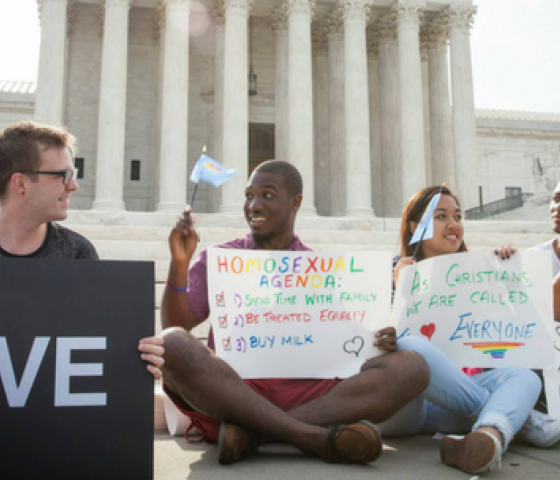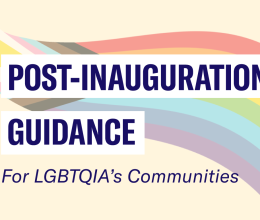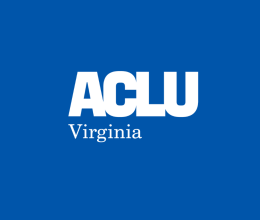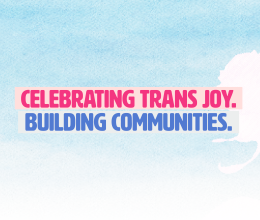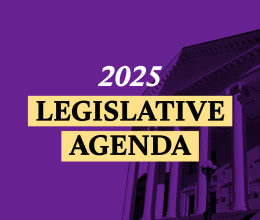On Tuesday, the Youngkin administration's Virginia Department of Education (VDOE) announced its decision to replace existing policies regarding the treatment of transgender students in Virginia public schools with new policies that will harm and endanger trans youth.
“We are horrified that VDOE opted to move forward with proposed model policies that at best invite – and at worst, require – discrimination, that violate state and federal law, and that have no place in Virginia schools,” said Breanna Diaz, ACLU of Virginia Policy and Legislative Counsel. “This action ignores the voices of a clear majority of Virginians who submitted comments opposing the model policies when the department first proposed them.”
Despite taking nearly a year to review the more than 70,000 comments, the majority of which were in opposition, the VDOE responded with mostly conclusory statements that the model policies do not violate state or federal law. Not surprisingly the 2023 model policies still:
- Prohibit school districts from protecting students against forced "outing" to their parents before they are ready and when it may not be safe;
- Limit access to restrooms consistent with a student’s gender identity, in direct tension with federal law (Grimm v. Gloucester County School Board);
- Erect additional barriers to trans and nonbinary students accessing counseling services;
- Prohibit teachers and school staff from calling students by their affirming names and pronouns unless there is written permission from a parent;
- Allow teachers and staff to disregard parent's written instruction and misname and misgender students in the classroom based on their own personal beliefs, permitting public employees to use government speech to discriminate against trans and nonbinary students; and
- Create facilities and sports policies that prohibit students from accessing and/or participating in activities consistent with their gender identity.
Virginia state law, found in Va. Code § 22.1-23.3.(A), gives VDOE authority to issue model policies on the treatment of transgender students that are “in accordance with evidence-based best practices.” These new model policies fail to meet those standards.
There is a substantial body of compelling evidence showing that affirming policies in schools make a huge positive difference for LGBTQ+ youth. Schools that fail to protect transgender and nonbinary students from discrimination see lower school attendance than schools that affirm and include those students, according to the Trevor Project’s 2023 National Survey on the Mental Health of LGBTQ Young People, as well as lower self-esteem, higher rates of depression, and higher rates of physical and sexual assault.
“Not only does VDOE’s decision dismiss the will of the majority of Virginians it’s meant to serve, it willfully disregards evidence-based best practices and existing law. These policies recklessly endanger the safety of trans youth across the Commonwealth, who deserve to learn free from fear, stigma, and discrimination,” said Wyatt Rolla, ACLU of Virginia Senior Transgender Rights Attorney.
Overall, portions of the model policies attempt to do what 12 anti-trans bills failed to do when they were defeated in the 2023 General Assembly session: (1) Deny youth access to mental health services for fear of being forcibly outed; and, (2) Deny them opportunities to participate in school athletics that align with their gender identity – which is in conflict with Virginia High School League policy and federal law.
“Ultimately, under state and federal law, school boards are tasked with providing safe and inclusive school environments for all students,” said ACLU of Virginia Executive Director Mary Bauer. “It will be their responsibility to implement policies that value all students, not just some.”
At a time when Virginia’s public schools are underfunded and teachers are facing increased barriers to doing their jobs, the Youngkin VDOE has chosen to advance a dangerous political agenda rather than listen to the majority of Virginians, including experts on the issue like trans and nonbinary youth themselves, as well as their parents, who know what they need. The release of these policies flies in the face of months of opposition and demonstrates a lack of concern for students, teachers, and parents in the Commonwealth.
